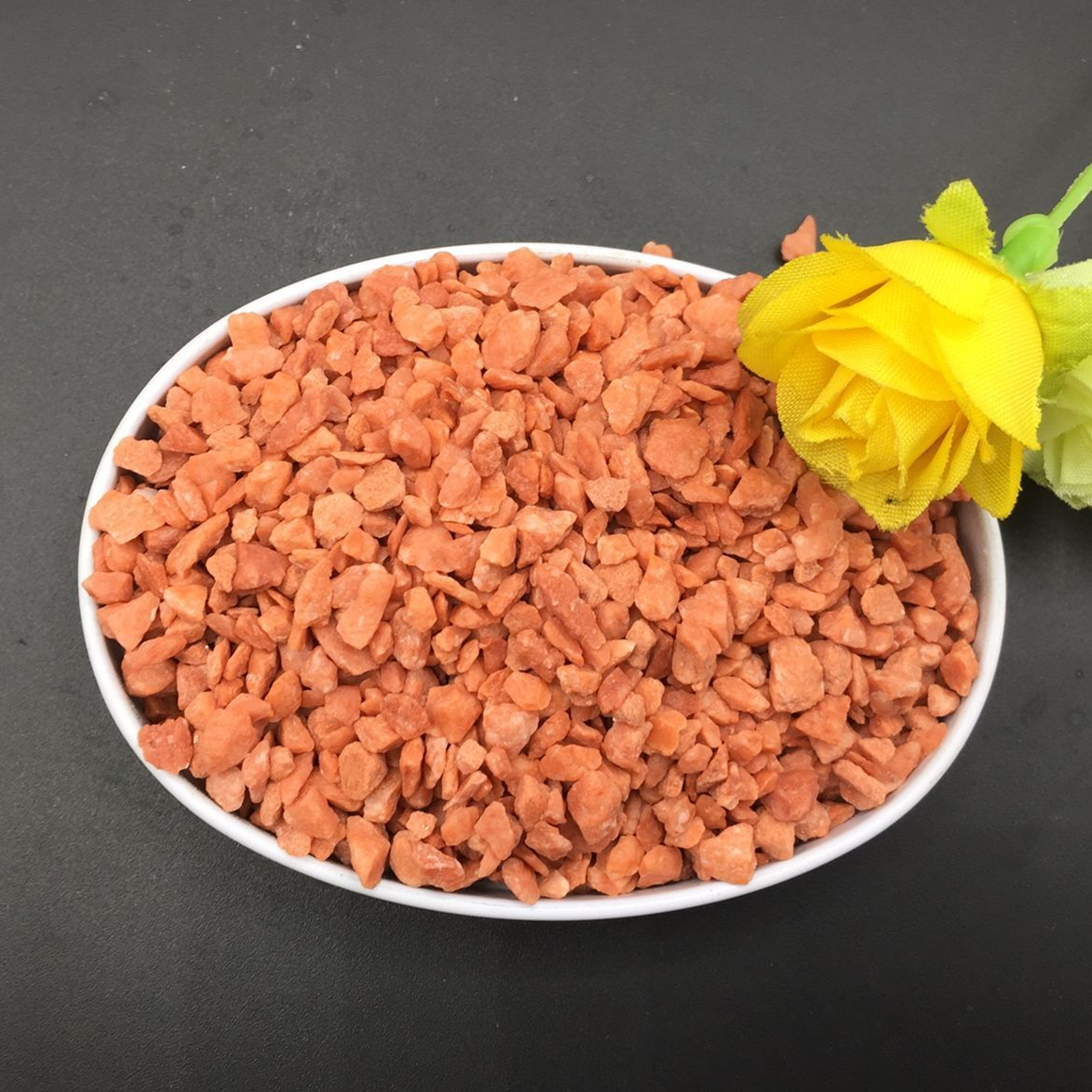
नवम्बर . 13, 2024 11:46 Back to list
hydroponic npk fertilizer
Understanding Hydroponic NPK Fertilizers
Hydroponics, an innovative method of growing plants without soil, has gained significant popularity among both commercial growers and hobbyists. One of the key components of successful hydroponic systems is the use of fertilizers, specifically NPK fertilizers. These fertilizers provide plants with essential nutrients that are vital for growth, development, and overall health.
What is NPK?
NPK stands for Nitrogen (N), Phosphorus (P), and Potassium (K), three crucial nutrients that every plant needs in varying amounts. Each of these elements plays a unique role in plant growth
1. Nitrogen (N) This nutrient is primarily responsible for the lush, green growth of plants. It is an essential component of amino acids, which are the building blocks of proteins. Nitrogen promotes leaf development and is critical for the synthesis of chlorophyll, which plants use for photosynthesis. A nitrogen deficiency can lead to stunted growth and yellowing of leaves.
2. Phosphorus (P) Phosphorus is vital for energy transfer and storage within the plant. It plays a significant role in photosynthesis, respiration, and the formation of DNA and RNA. Moreover, phosphorus is important for root development and flowering. A lack of phosphorus can lead to poor root growth and delayed flowering.
3. Potassium (K) Potassium is crucial for various physiological processes, including water regulation, enzyme activation, and photosynthesis. It helps strengthen plant cell walls, improves drought resistance, and enhances overall plant health. Insufficient potassium levels can result in poor fruit development and increased susceptibility to diseases.
Why Use NPK Fertilizers in Hydroponics?
hydroponic npk fertilizer

In a hydroponic system, plants receive nutrients through a nutrient-rich water solution rather than from soil. This method allows for precise control over the levels of essential nutrients, and using NPK fertilizers ensures that plants receive balanced nourishment. Different stages of plant growth require varying NPK ratios, making it important to select the correct fertilizer formulation.
For example, during the vegetative phase, a fertilizer with a higher nitrogen content is preferred to encourage leafy growth, while during the flowering phase, a formula higher in phosphorus and potassium is beneficial to promote robust flower development and fruit production.
Choosing the Right NPK Fertilizer
When selecting an NPK fertilizer for hydroponics, it's important to consider the specific needs of the plants being cultivated. Different crops may require different ratios of NPK. Hydroponic fertilizers come in various formulations, ranging from balanced mixes to specialized blends designed for specific growth stages or types of plants.
Additionally, it's essential to monitor the nutrient solution's pH and electrical conductivity (EC) regularly. Both parameters can affect nutrient availability and uptake, ensuring that plants receive the necessary nutrients for optimal growth.
Conclusion
In conclusion, NPK fertilizers play a critical role in the success of hydroponic systems. By providing essential nutrients—nitrogen, phosphorus, and potassium—in appropriate ratios, growers can maximize plant health, yield, and quality. As hydroponics continues to evolve and grow in popularity, understanding the significance of NPK fertilizers remains essential for anyone looking to cultivate plants in this innovative and resource-efficient manner. Whether you are a seasoned hydroponic practitioner or a newcomer to the field, harnessing the potential of NPK fertilizers can lead to thriving plants and bountiful harvests.
-
High-Quality NPK Fertilizer Raw Material Manufacturer & Supplier Trusted Factory Exporter
NewsJul.08,2025
-
Organic 20-20-20 Plant Fertilizer Supplier Premium Organic Fertilizer Manufacturer
NewsJul.08,2025
-
Ammonium Sulfate Fertilizer Market - Leading Manufacturer, Supplier & Factory Solutions
NewsJul.08,2025
-
Premium Water Soluble Fertilizer 20-20-20 Reliable Manufacturer & Competitive Prices
NewsJul.07,2025
-
10-52-10 Fertilizer Supplier – Premium NPK Compound & Granular Fertilizers for Crop Growth
NewsJul.07,2025
-
Best Blueberry Organic Fertilizer - Premium Factory & Supplier Boost Your Blueberry Yield
NewsJul.07,2025
